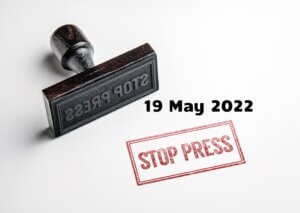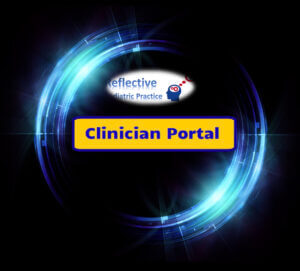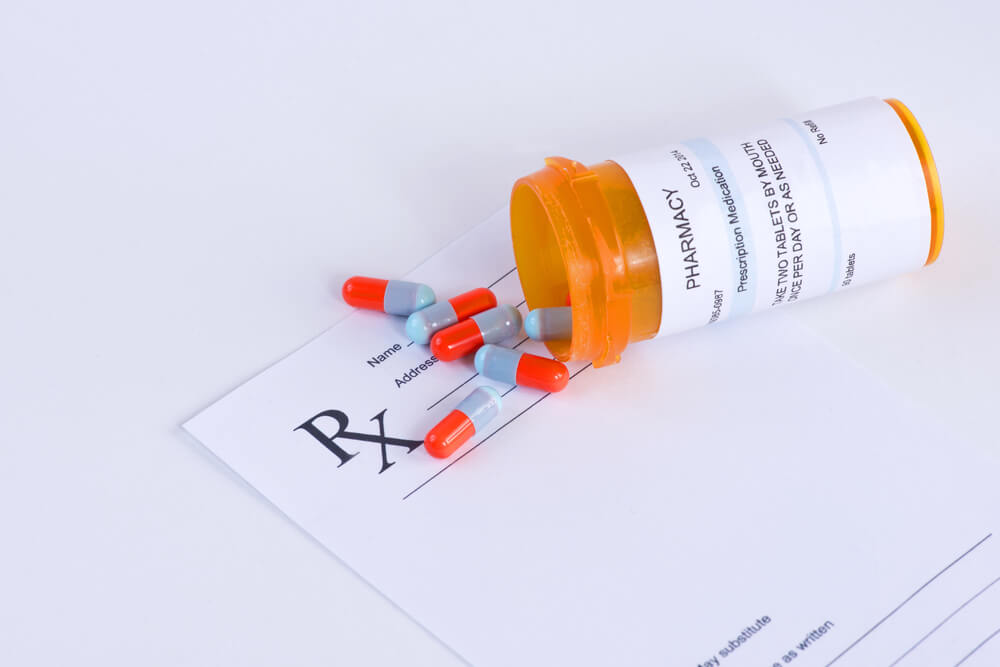Why bother with Independent Prescribing?
A quick reflection of the past
Independent Prescribing
By 2014 Independent Prescribing became available to podiatrists to extend their provision of prescription medicines. This is recognised after additional academic study and annotated on a register held by the Health Care Professions Council. The importance to some groups mattered more than others. Nursing led the way in producing a large amount of written material on the subject. It is too early to establish the effects of the increased activity of non-medical prescribing. Training is intense and by comparison to medicine, the risk to patients reduce than in medical hands where medical doctors have greater latitude and protocols are less restrictive.
If I work in the NHS do I need I.P?
Within the NHS structure, Multidisciplinary Teams (MDT) working with medics may not have a direct need. However, in order to establish a strong department with an extended scope or consultant podiatrist lead, clinicians should consider ensuring their service has at least one IP provider. IP provides faster access to the drugs that patients depend on whether it be steroid injections or antibiotics. Working within a narrow IP field is often safer because the training and protocols are tighter and safer than broad-spectrum provision, as offered by medically qualified doctors. This might seem a heretical statement but accidents around prescribing are more likely where there is no limitation to what can be prescribed.
Independent (private practice)
There is some sympathy for colleagues who are near the end of their career. Taking one of the IP courses consumes the better part of a year and a fair £ outlay. As scope expands, and this is something one would hope for, then anyone within five-ten years before completing their career will find several benefits.
- instant access for the right treatment for patients
- reduced time delays and enhance the quality of podiatric care
- enhance your medical knowledge through IP training
Key drug groups
- Analgesics
- Antiinflammatories
- Steroid creams and injectable agents
- Antibiotics to meet a wider range of microbes
- Anti-coagulants
- Reversal agents including antiemetics
- Anxiolytics
- Emergency drugs eg adrenaline
Anxiolytics still have not been clarified and are controlled drugs as are the neuroleptics like gabapentin, but are valuable for podiatric practice. It would be unlikely that CDs would be available outside a general NHS hospital and a return to a PGD system may be required. The only UK podiatry work on anxiolysis, published in 2014. This paper was rejected by three journals, initially, because of a strong political influence applied which amounted to censorship.
The Conclusion
There is a truism in any profession. Until you expand, learn and embrace new ideas and skills you do not realise what you have missed or have failed to deliver. There is a gathering storm and one that is enveloping general medical practices around the UK. Failure in delivering both timely care, and care with sufficient expertise is on the horizon. Like a sandstorm cutting across the landscape, medicine is about to take a dive. Covid-19 has only served to expose the weakness. Thomas, JM Daily Telegraph 15th May 2021. Whether readers are willing to take this criticism at face value depends on local experience. The Royal College of GPs did respond to the article but as far back as 2019, (Marshall). This statement implies that Mr Thomas, a semi-retired consultant surgeon, has not changed his opinion or that the situation regarding the demise has lessened. Thomas is far from the only dissenter.
Podiatrists must ensure continuity of treatment by taking on IP where practices cannot deliver expedient care for patients with foot health concerns.
The antibiotic danger
One danger does exist and one I hope the podiatry profession will not forget. Antibiotics (Abs) should not be used where good conservative technique is appropriate. Antiseptics are still valuable for healthy patients who can heal without intervention. Abs carry risk from allergies, they fail to work unless you have the right microbe, and they cause stomach and gastrointestinal problems. Our overuse of Abs in society has been woefully ignorant. Older patients do less well and younger ones may have an occult allergy. Always go for drainage of wounds and antisepsis first if the wound is localised. Taught this in 1975 I cannot see any need to change this basic precept. There have been countless times when my nurses would ask the resident medical officer for antibiotics without sufficient grounds. By becoming IP trained you are more aware of the shortfall behind some medications than you would be before. Of course, there is no substitute for working in the field and learning ‘in vivo’.

A profession that fails to deliver a service optimally will always be a weak service and open to criticism. May 2022, Fitzpatrick and Borthwick report a review of I.P over the last 10 years in the Journal of Foot Ankle Related Research . In this document Political and legal instruments show how some processes can work against the very benefits intended.
Fitzpatrick, M.T., Borthwick, A.M. A decade of independent prescribing in the UK: a review of progress. J Foot Ankle Res 15, 35 (2022). https://doi.org/10.1186/s13047-022-00541-8
Thanks for reading ‘Independent Prescribing what’s the point’ by David R Tollafield

Published by Busypencilcase Reflective Communications Est. 2015
June 2021


Recent Comments